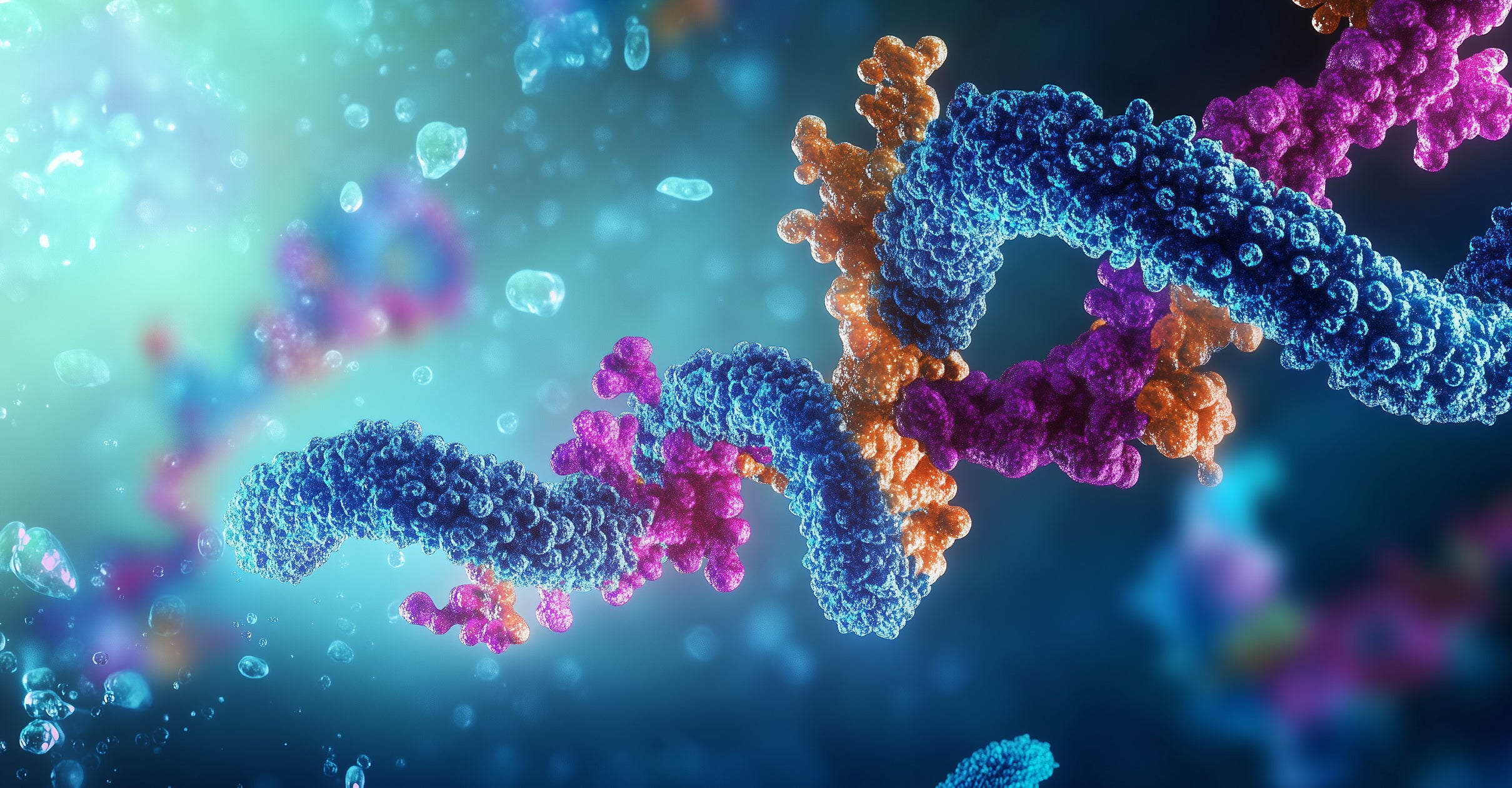Arzneimittelentwicklung, Screening und Krebsforschung
Comprehensive Insights into Protein Function and Dynamics
Diese Kategorie betont die entscheidende Rolle von Zellkulturplatten, hochempfindlichen ELISA-Kits und Mikroträgern beim Hochdurchsatz-Arzneimittelscreening. Produkte wie Zelllebensfähigkeitstests, Apoptose-Nachweiskits und Tests für oxidativen Stress helfen Forschern, die Auswirkungen von Arzneimittelkandidaten auf Zellen zu untersuchen, insbesondere in der Krebsforschung. Für weiterführende Studien ermöglichen 3D-Kultursysteme und spezielle Oberflächenbehandlungen die Untersuchung von Krebs in komplexen Gewebeumgebungen. Zentrifugen, Vortex-Mischer und Scheibenrotatoren unterstützen eine konsistente Probenhandhabung und Screening-Arbeitsabläufe. Diese Kategorie umfasst mittlerweile nicht nur das Screening, sondern auch die Arzneimittelentwicklung und Toxizitätstests in präklinischen Studien.







